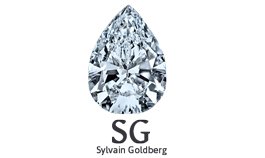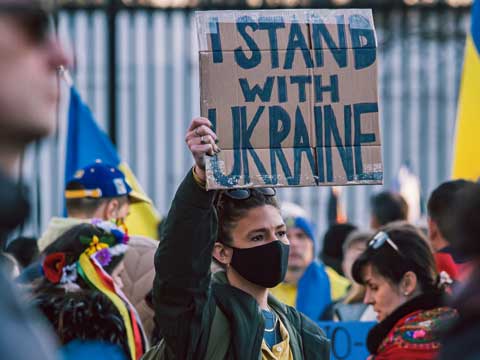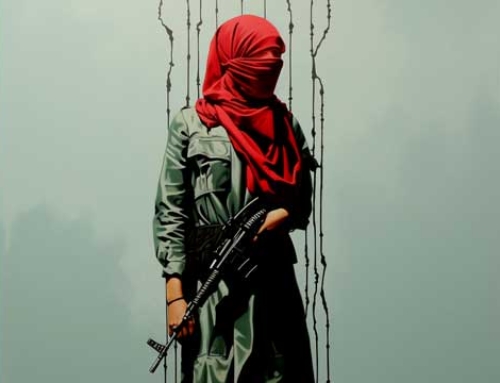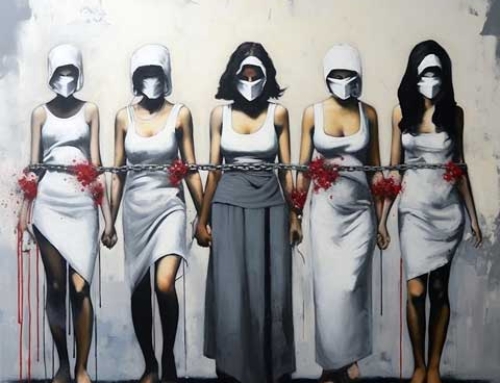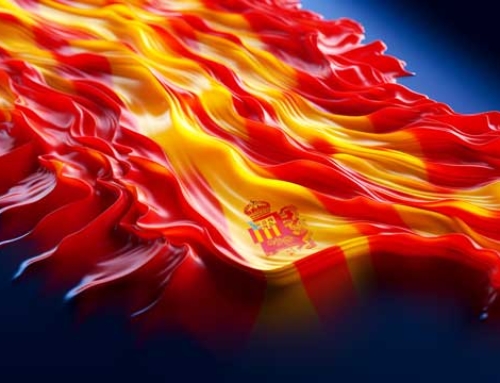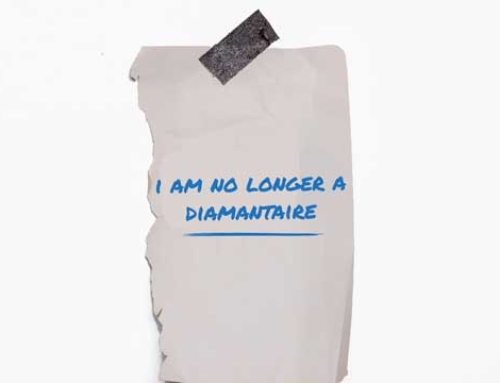Since Russia’s invasion of Ukraine, there have been increasing calls to curb the trade in Russian diamonds.
Russia would largely finance the war with revenues from diamond exports. Diamond dealers are also in favor of a trade ban, but for all countries and for the entire sector.
For a while it was thought that the mechanism against blood diamonds, the so-called Kimberley Process, would be expanded. However, the proposal did not make it to the agenda.
The Kimberley Process was established in 2000 by the United Nations, among others, to counter the financing of armed militias by diamond trade. Rebel movements in African countries in particular used this trade to buy weapons and overthrow the government. Sector associations, governments and NGOs are all represented in the organization.
They help ensure that the rules are applied in countries that export diamonds. If they do not comply, they are no longer allowed to export diamonds.
“The problem, however, is that today the definition of blood diamond is very limited,” says Hans Merket of the International Peace Information Service IPIS, who sits on the Kimberley Process Civil Society Coalition for the NGO.
“Blood diamond is officially a description for diamonds used by rebel groups to fund an armed struggle against legitimate governments. So it does not include violence by governments against civilians. That makes it just as difficult to curb the trade in Russian diamonds.”
Njet
Yet the Civil Society Coalition tried to get the Russian issue on the agenda at a Kimberley Process meeting in Botswana last week. Ukraine, the EU, Australia, the United Kingdom, Canada and the United States also submitted a proposal on the subject, much to Russia’s annoyance.
Belarus, the Central African Republic, Kyrgyzstan and Mali, however, gave their njet so the proposal did not make it to the agenda. So it does not immediately look like measures will be taken against Russian aggression in Ukraine through the Kimberley Process.
“On Friday we are organizing another informal meeting in Botswana on the issue, but it is outside the official program,” Merket said. The opposition from Mali and the Central African Republic is no surprise, by the way. In both countries, the Wagner Group, a Russian mercenary army, supports the current rulers.
“Because everything within the Kimberley Process has to be done by consensus, the talks are deadlocked. For example, the war in Ukraine threatens to completely cripple the fight against blood diamonds.“
